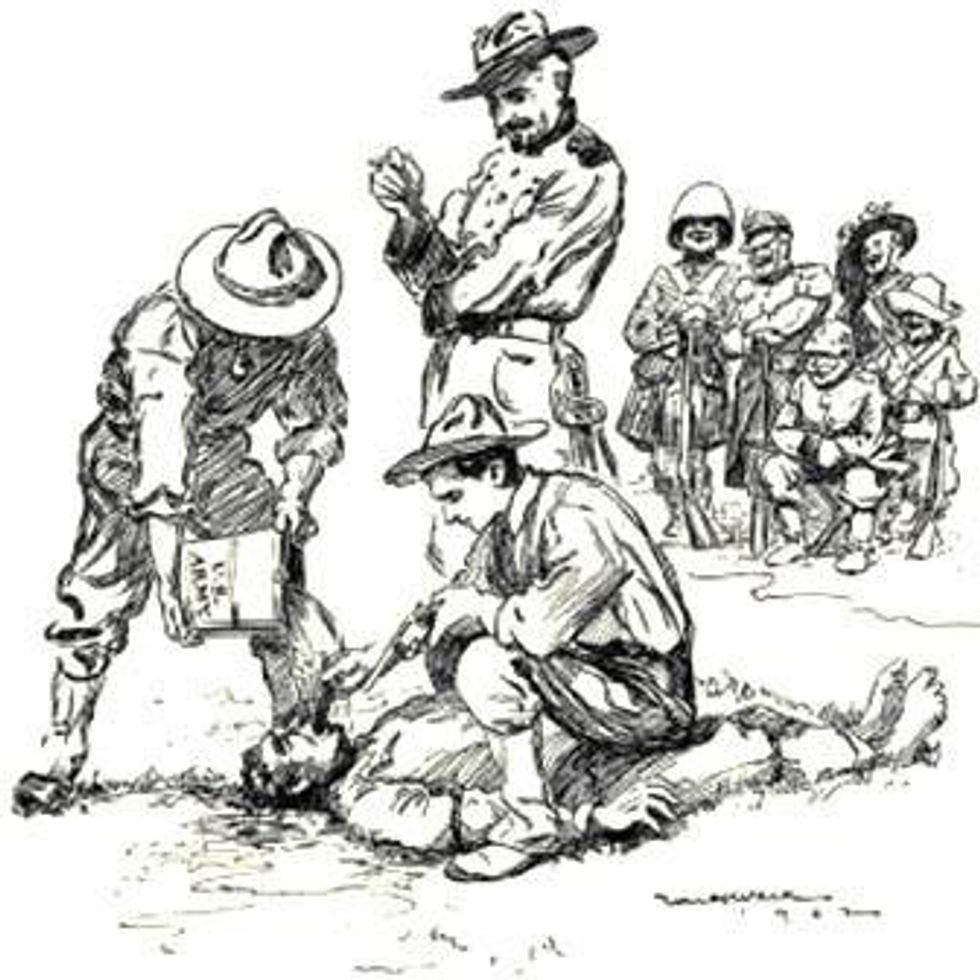What If the Iranians Waterboarded an American?
Sometimes, the world can be such a simple, black-and-white sort of place. Let me give you an example. Imagine for a moment that the Iranians kidnap an American citizen from a third country. (If you prefer, feel free to substitute al-Qaeda or the North Koreans or the Chinese for the Iranians.) They accuse him of being a terrorist. They throw him in jail wi
